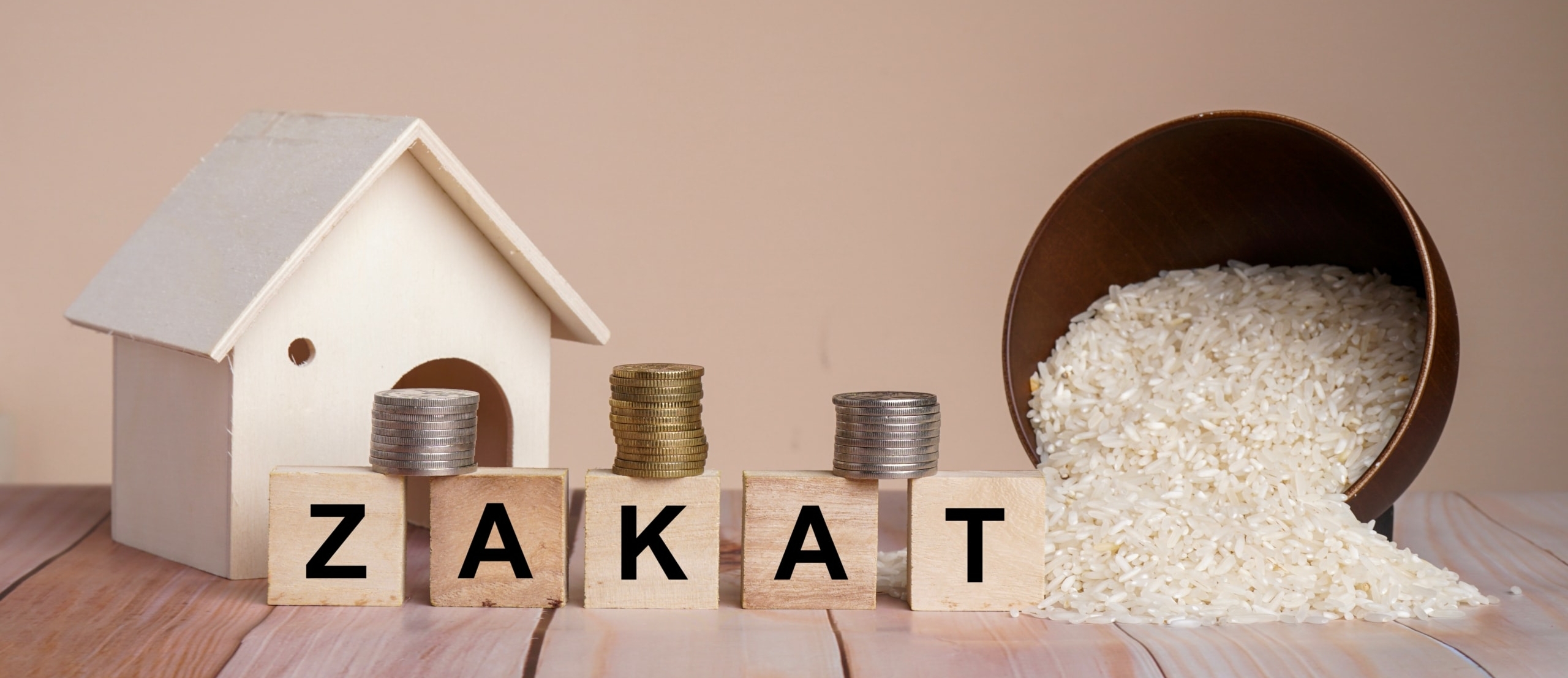Are the Ahl al-Bayt Eligible Recipients of Zakat?
Hanafi Fiqh
Answered by Shaykh Yusuf Weltch
Question
Can I give my zakat to a family member who is Ahl al-Bayt (Descendants of the Prophet)?
I read somewhere that Ahl al-Bayt cannot receive zakat. Last year I gave my zakat to my uncle, who is in prison for massive debt. Can I give him my zakat even though he is Ahl al-Bayt?
Answer
In the Name of Allah, the Most Merciful and Compassionate
Suppose your uncle can trace his lineage through his forefathers (patrilineal), back to the Prophet (may Allah bless him and give him peace), or those of his family (example below). In that case, he is ineligible to accept Zazakatccording to the relied-upon position. [Maydani, al-Lubab fi Sharh al-Kitab]
The Messenger of Allah (may Allah bless him and give him peace) said, “Indeed, these charities (i.e., zakat and other forms of required charity) are merely the people’s filth. Indeed, they are not permitted for Muhammad, nor the family of Muhammad.” [Muslim]
Note that zakat a means of purifying people’s wealth; therefore, what is given is seen as impure (for the one giving, not the recipient).
The Prophetic Family
The family of the Prophet (may Allah bless him and give him peace) are those who trace their lineage patrilineally back to any of the following people:
- ‘Ali bin Abi Talib (Father of Hasan and Husayn)
- ‘Abbas bin ‘Abd al-Muttalib
- J’afar bin Abi Talib
- ‘Aqil bin Abi Talib
- Harith bin ‘Abd al-Muttalib [Maydani, al-Lubab fi Sharh al-Kitab]
The Reason
At the time of the Prophet (may Allah bless him and give him peace) and the generations that followed, the Prophetic family was given, as a replacement for the Zakat 1/5th of any war spoils (ghanima).
Allah Most High says, “Know that whatever spoils you take, one-fifth is for Allah and the Messenger, his close relatives, orphans, the poor, and ˹needy˺ travelers if you ˹truly˺ believe in Allah and what We revealed to Our servant on that decisive day when the two armies met ˹at Badr˺. And Allah is Most Capable of everything.” [Quran, 8:41]
Contemporary Exceptions
This question was put to the Fatwa board at the prestigious Dar al-Mustafa Islamic Seminary in Tarim, Yemen, and the following is their reply paraphrased:
Scholars have determined that if there are no war spoils or the war spoils are not justly distributed such that the Prophetic household is not receiving its share – it is permissible for the Prophetic family to take zakat if they are in need (i.e. the meet the basic eligibility requirement. [Lajna al-Fatawa bi Dar al-Mustafa]
This is an established opinion in the Shafi’i school and has been implemented by many great scholars.
Habib Ahmad bin Hasan al-Attas (Allah be pleased with him), one of the great scholars of Hadramawt, Yemen, narrates this opinion from more than 70 scholars.
Additionally, the great scholar Abdullah bin Husayn BalFaqih mentioned in his collection of legal verdicts – that the responsibility of the one giving the Zazakats is fulfilled by giving to the Prophetic family if the need arises and they are not getting from the 1/5th as mentioned above designated for them.
Cautious Advice
Despite the permissibility mentioned by the scholars, one of our blessed teachers mentioned that it is more cautious to have someone who is eligible for Zazakatand not from the Prophetic family) take the zakat and then give it as a gift to the Prophetic family member instead of taking zakat directly.
In this, the money finds its way to the person, and the Sacred ruling is followed without dispensation.
Hope this helps
Allah know best
[Shaykh] Yusuf Weltch
Checked and Approved by Shaykh Faraz Rabbani
Shaykh Yusuf Weltch is a teacher of Arabic, Islamic law, and spirituality. After accepting Islam in 2008, he then completed four years at the Darul Uloom seminary in New York where he studied Arabic and the traditional sciences. He then traveled to Tarim, Yemen, where he stayed for three years studying in Dar Al-Mustafa under some of the greatest scholars of our time, including Habib Umar Bin Hafiz, Habib Kadhim al-Saqqaf, and Shaykh Umar al-Khatib. In Tarim, Shaykh Yusuf completed the memorization of the Qur’an and studied beliefs, legal methodology, hadith methodology, Qur’anic exegesis, Islamic history, and a number of texts on spirituality. He joined the SeekersGuidance faculty in the summer of 2019.
